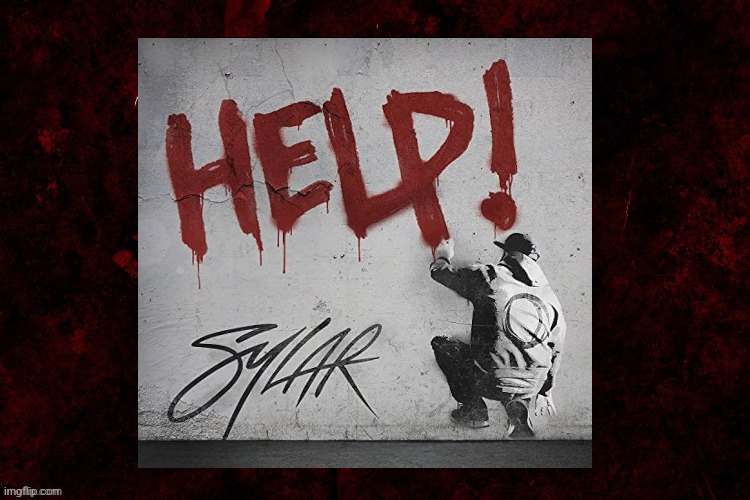In gridiron football parlance, the “blind side” is generally used to denote the left tackle position – a quarterback’s blind side, if you will. Without a solid left tackle, a quarterback is usually at risk of getting, well, wrecked. What this position has to do with Swedish post-hardcore band Blindside is anyone’s guess, but Blindside surely played an important part in post-hardcore’s explosion in popularity in the early part of the new millennium. Touted by P.O.D. early on (in the band’s video for “Southtown”) before they were even known outside of their home country, it wasn’t until the band’s third record in 2002, Silence, that catapulted them to international prominence.
On Silence, it’s really not a surprise it was Blindside’s breakout album. With producer Howard Benson at the helm, the band’s ability to write anthemic songs is on full display. The distance from their hardcore past is very evident right off the bat with arguably their most notable single, “Pitiful”. Almost completely devoid of the aggression of their past, their ability to write big choruses falls mostly in line with their peers of the day – yet is arguably better than most. It’s also a blatant picture of the nature of sin and the crucifixion of Christ, without really mincing words. That doesn’t mean Silence isn’t loud, though.
Two songs particularly embody change here, specifically “The Endings” and “You Can Hide It”. The latter is one of the more adventurous cuts on Silence, with tempo shifts and a strong melodic chorus providing notice of Blindside’s musical transition – and ambition. A tense (yet rewarding) affair is probably a solid way to describe the track, and it’s one of many where vocalist Christian Lindskog’s vastly-improved vocal abilities are quite evident. Paired with a stellar ending breakdown and an outpouring of emotion, a strong indicator of Christian’s talent might well be the sheer vocal range he displays. On just about any given song (especially the likes of “Cute Boring Love” and opener “Caught A Glimpse”), his voice goes from low to high to mid-range without even giving the listener time to blink.
Speaking of a genuine outpouring of emotion, there’s nothing superficial in the way Blindside composed Silence. It’s true that much of the album follows a particular formula – namely post-hardcore’s quieter verse // loud, melodic chorus structure. When it’s this well-executed, though, does it really matter? A stellar example is opener “Caught A Glimpse”, where the musicianship of the band as a whole shines through. Blindside’s hardcore past is still on display on “Time Will Change Your Heart”, The ending title track, though, will undoubtedly catch any fan completely off-guard. Distancing the song from any other song on the album is the song’s sparse nature, which accentuates Lindskog’s diversity to no end. And it’s arguably Blindside’s most intriguing moment as a band, from the perspective of trying something that a lesser band might often fail to execute. The thing is, Blindside’s instrumental skills, while adept for the genres they play in, aren’t necessarily groundbreaking. The songs, though, are well-composed despite often relying on the aforementioned specific formula.
For Blindside, Silence was their first big taste of international success. Peaking at #83 on the Billboard 200, other bands in the scene may have achieved more commercial success during the era – but few could match Blindside’s passion and energy. A post-hardcore classic? You be the judge.




